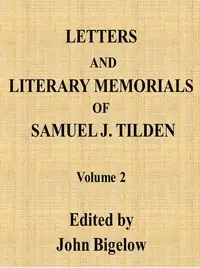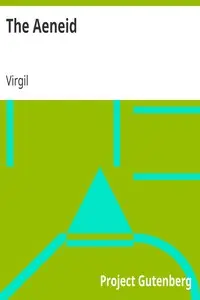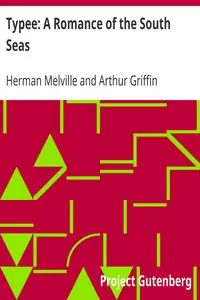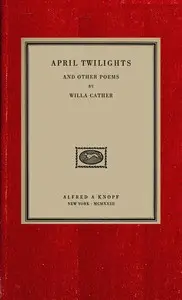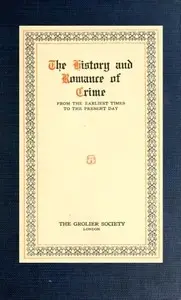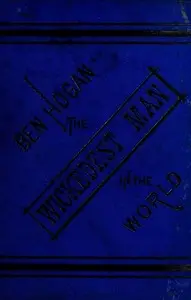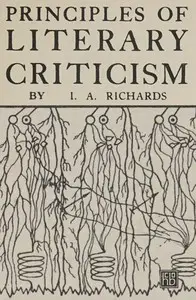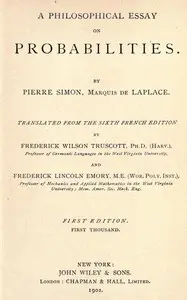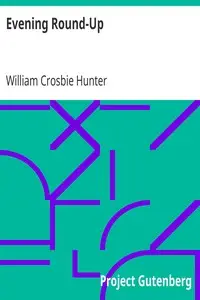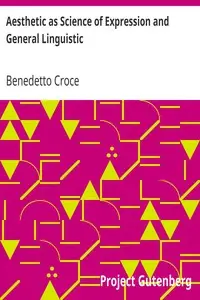"The Crest-Wave of Evolution" by Kenneth Morris is a collection of lectures in history presented around the early 20th century, likely during the post-World War I period. This work delves into historical narratives, focusing not merely on the events and figures of history, but rather on the underlying cyclic movements and philosophies that shape human evolution and cultural development. Morris aims to explore the essence of the Human Spirit and the deeper truths of history, challenging conventional narratives that often overlook the complex dynamics of cultural growth, especially as related to ancient civilizations such as the Celts, Greeks, and Chinese. At the start of the book, Morris introduces a novel perspective on history, arguing that conventional accounts often miss the spiritual and psychological elements that drive cultural evolution. He suggests that instead of viewing history solely through the lens of wars and political events, one should seek to understand the cyclic nature of human civilizations and the "noumenon" that underlies historical phenomena. Morris intends to reassess the contributions of lesser-known cultures, particularly focusing on the Celtic peoples, suggesting that their historical significance and achievements have been largely obscured. As he sets the stage for this exploration, he introduces concepts of racial growth and cycles, hinting at an analytical approach to understanding history that intertwines human experiences across time and space. (This is an automatically generated summary.)
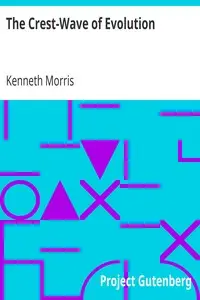
The Crest-Wave of Evolution A Course of Lectures in History, Given to the Graduates' Class in the Raja-Yoga College, Point Loma, in the College-Year 1918-19
By Kenneth Morris
"The Crest-Wave of Evolution" by Kenneth Morris is a collection of lectures in history presented around the early 20th century, likely during the post...
Kenneth Vennor Morris, sometimes using the Welsh form of his name Cenydd Morus, was a Welsh author and theosophist. Born in South Wales, he relocated to London with his family as a child, and was educated at Christ's Hospital. In 1896, he lived in Dublin for a while, where he became friends with George William Russell. From 1908 to 1930, Morris lived in California as a staffperson of the Theosophical Society headquarters at Point Loma. The last seven years of his life were spent back in his native Wales, during which time he founded seven Welsh theosophical lodges. Morris was a friend of Talbot Mundy, and the two writers often commentated on each other's work in magazine The Theosophical Path.


